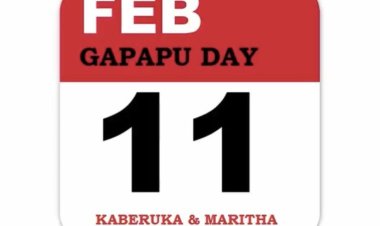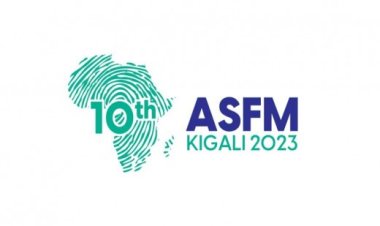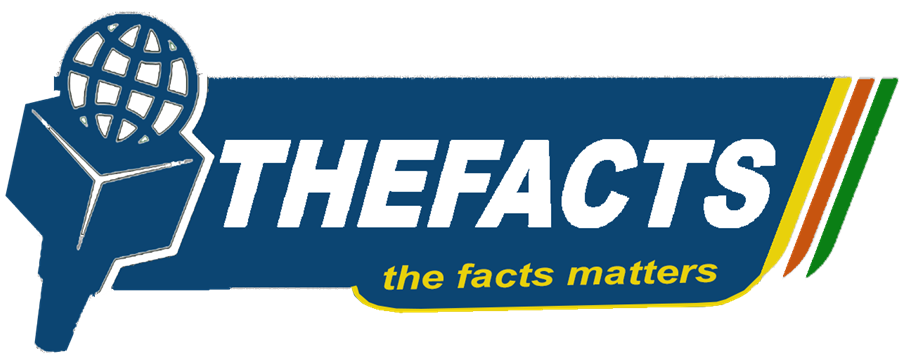Record labels, Artists and Record deals: how do they work?
Securing record deals with record labels is a common practice in music and sometimes a dream for artists, especially aspiring ones. Artists are used to recording music and send demo versions to record labels in hopes of securing record deals. At the core of record labels function is “Marketing”, since all the money record labels and their artists make come from creating a powerful public image.

A record label or a record company is a company that engages in selling, marketing and distributing musical products. Through A&Rs (Artists and Repertoire), record labels may recruit new artists, sign them to record deals and develop them. Record labels also deal with music publishing, licensing, copyrighting etc.
An artist in music is anyone who writes or performs musical works a recording artist if they record and release music for commercial purposes
The agreement between a record label and an artist to produce music for the record label for commercial purposes is what we all know was a “record deal” or “recording contract”.
Securing record deals with record labels is a common practice in music and sometimes a dream for artists, especially aspiring ones. Artists are used to recording music and send demo versions to record labels in hopes of securing record deals. At the core of record labels function is “Marketing”, since all the money record labels and their artists make come from creating a powerful public image.
While working hard to secure a record deal, artists have to understand the concept “record label”, how record labels work, which type of record label and which types of deals they offer since record labels differ accordingly, mostly with their sizes and structures. Record companies are classified as “Major”, and “independent”.
Major record labels are those whose materials are distributed at least by one of the biggest 3 companies engaging in music distribution, namely Universal Music Group, Sony Music Entertainment and Warner Music Group.
Independent record labels, known as “Indies” are those whose materials are distributed with no backing from major record labels, originally small to medium and represented by local trade associations.
At some points, artists get trapped inside record deals and opt out of them to work independently. Independent artists are those working and releasing music under no record deal. Are you an artist and you are looking for a record deal? Here are how record labels work.
Major record labels are used to working with established artists and sometimes the most popular ones and offer bigger deals. Through their own distribution channels, they exclusively offer contracts to artists and release their materials to lots of customers in the shortest time possible. Different agreements between these labels and artists are signed, ranging from licensing and distribution, providing them with the power to reach to a bigger audience, thus making a lot of money from their artists. Most of them have subsidiaries that specialize in recording and releasing music of specific genres like Hip-Hop, Pop, etc. these subsidiaries also engage in promoting and licensing music.
While major record labels offer bigger deals, independent record companies focus on signing up and coming artists to small and low-payment deals. A lot of independent record companies have a few and minor distribution channels, reaching to a small audience at a time, although, independent labels have been known for laying a breaking ground for unknown artists to go global and secure major record deals.
The common thing between major and independent labels is that, while offering recording contracts to artists, they all set terms and conditions that works more in their favours than those of artists. Sometimes, record labels take control of everything artists do, from the sound of the music, lyrical contents and the cover arts. Sometimes, depending on the agreement between the label and an artist, the record label may set the amount of money an artist gets but the success of an artist impacts the way they negotiate their recording contracts. Depending on the amount of money a record company invests in promoting an artist, record labels drive or halt artists’ development and their success.
The advantageous side of record labels and record deals is that they offer bigger promotional budgets to artists, create bigger connections, blow ups and power, as well as bulk businesses.
On the other side, record companies sometimes become a problem for artists especially when it comes to earnings, since the amount of money an artist makes from music is shared among a lot of people working for or associated with the label. It also gets worse when record labels change their staffs in the middle of an artist contract. Sometimes, record labels may prioritize some artists and ignore others or don’t give them equal negotiation opportunities.
With the advancement of technology and the internet, many artists have opted to go fully independent, releasing their music on social media and music streaming platforms at small costs, however, that doesn’t mean that record labels no longer matter. Record labels still offer a platform for better music, music PR perfection, better and larger scale distribution deals, reliability and higher success rate. There is always an Artists and Repertoire support and funding for artists working under record labels, strong marketing and promotion opportunities, specialism and concrete branding.


























